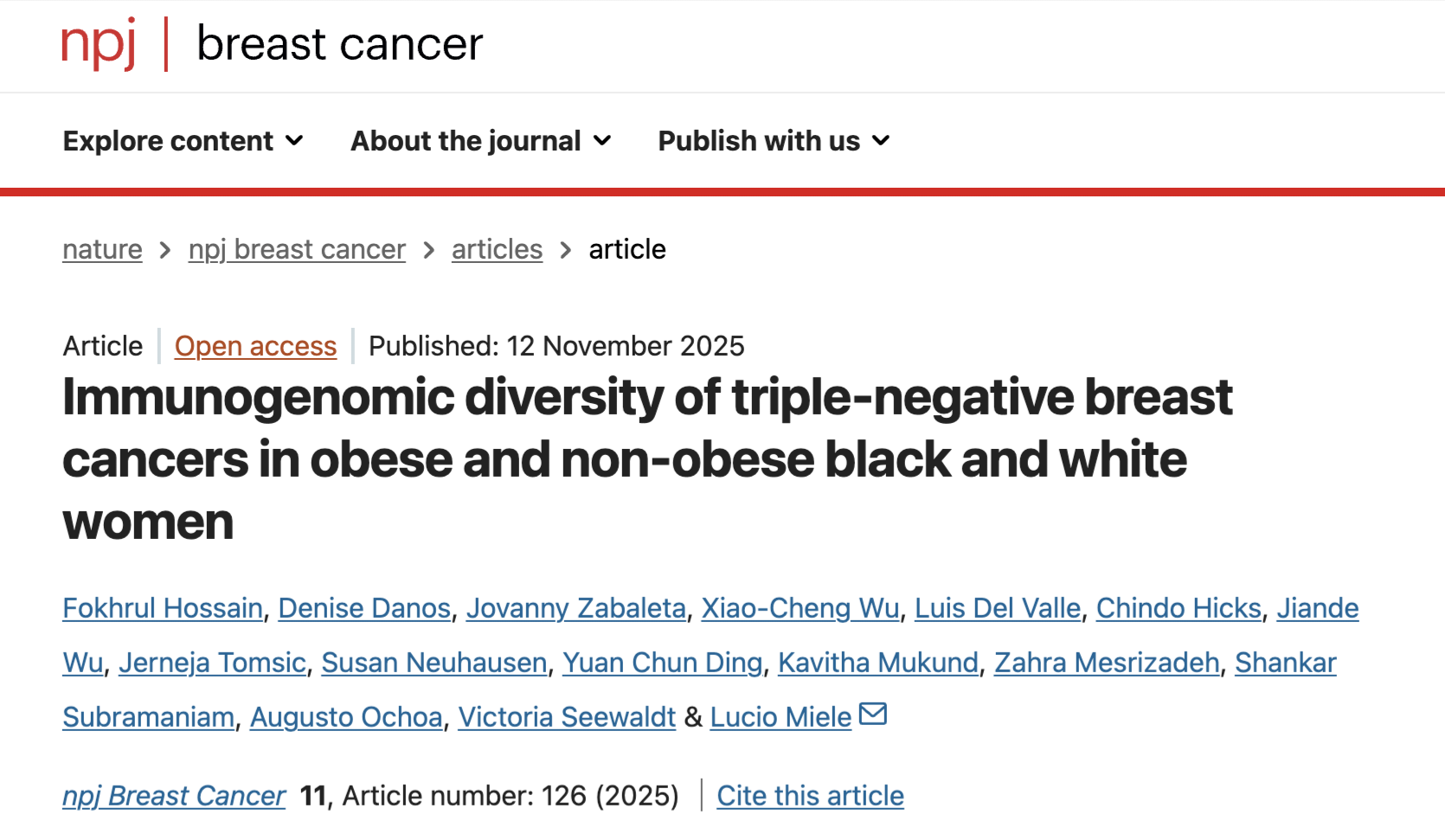
Prostate Cancer in Louisiana
Prostate cancer is the second leading cause of cancer death among men in Louisiana and our state ranks 19th in the country for prostate cancer deaths, according to the Louisiana Tumor Registry compiled by LSU School of Public Health. African American men are at double the risk of prostate cancer compared to any other group and are significantly under represented in clinical trials and basic research studies. LCRC partner institutions LSU Health New Orleans,Tulane University, Ochsner Health, and Xavier University of Louisiana are working on strategies to change that by improving access to clinical trials and screenings and research.
In fact, Louisiana is one of eight states selected to participate in RESPOND, the largest research study ever to look for answers to the prostate cancer health disparity in African American men. The study aims to identify why they have higher risk of prostate cancer and more aggressive forms of the disease and to learn about the factors that influence the risk of African American men developing prostate cancer. LSU Health Sciences Center New Orleans has been selected as Louisiana’s participation site.
At Tulane Cancer Center, researcher Elisa Ledet, PhD, is evaluating the genetic underpinnings that may be influencing prostate cancer disparity in African American men. Tulane has developed a prostate cancer biorepository of samples that are optimized for genetic studies on about a thousand prostate cancer patients, including African Americans. She is also looking at genetic markers in the blood, looking for genetic variants in an attempt to tailor therapies to the specific patient. “We're trying to use genetics to stay ahead of the cancer and to pick treatments which are more appropriate and more effective for certain patients based on how the cancer has evolved.” The patient’s family history is of almost equal importance in evaluating one’s risk of developing cancer and their response to care. For instance, patients who have certain DNA repair alterations may respond better to certain classes of therapy or radiotherapy.
“We don't just stop at the patient, we talk to their family members including extended family, to get a full picture of how cancer has impacted them and whether that tie back to genetic factors,” Dr. Ledet said.
Heart disease can have an impact on a patient’s prostate cancer treatment. In 2020, rates of heart disease and stroke were 29.6% higher in Louisiana than the U.S. average. It’s something Ochsner Genitourinary Medical Oncologist Brian T. Halbert is focused on, paying particularattention to how cardiovascular disease interacts with cancer treatment. Dr.Halbert recently received a grant through the Alliance for Clinical Trials to expand home monitoring for prostate cancer patients on novel hormonal therapy.“We want to find out if home blood pressure monitoring is going to affect cardiovascular health in our prostate cancer patients and if it's going toimprove adherence to their oncologic treatment. We're also looking back with retrospective data to determine if there's any association between cardiovascular disease and the likelihood of getting appropriate intensified hormonal therapies,” he said. The study aims to enroll up to 150 men over the next year.
Diet is yet another factor to be considered when evaluating prostate cancer risk. In research published in Cancer Informatics, Computer Science Professor Kun Zhang, PhD, of Xavier University of Louisiana, quantified environmental factors contributing to prostate cancer risk. After an exhaustive review of data, including the diet histories of thousands of European Americans and African Americans, Dr. Zhang’s team established a priority ranking among the contributing factors for prostate cancer and identified several risk-related diet metrics and racial disparities. The findings suggested some new approaches to prevent prostate cancer such as restriction of organ meat intake and supplementary microminerals.
Early detection is key in treating and surviving prostate cancer. The American Cancer Society recommends men at high risk who are age 45+speak with their doctors to make individual decisions regarding screening.
“Prostate cancer, in best cases, can be cured and something men can oftentimes live long, normal lives with. And even in more advanced or stage 4 disease, we are often able to successfully manage this disease for many years. With treatment, we fully expect the majority of our patients to have very good control and very good quality of life,” Dr. Halbert said.




